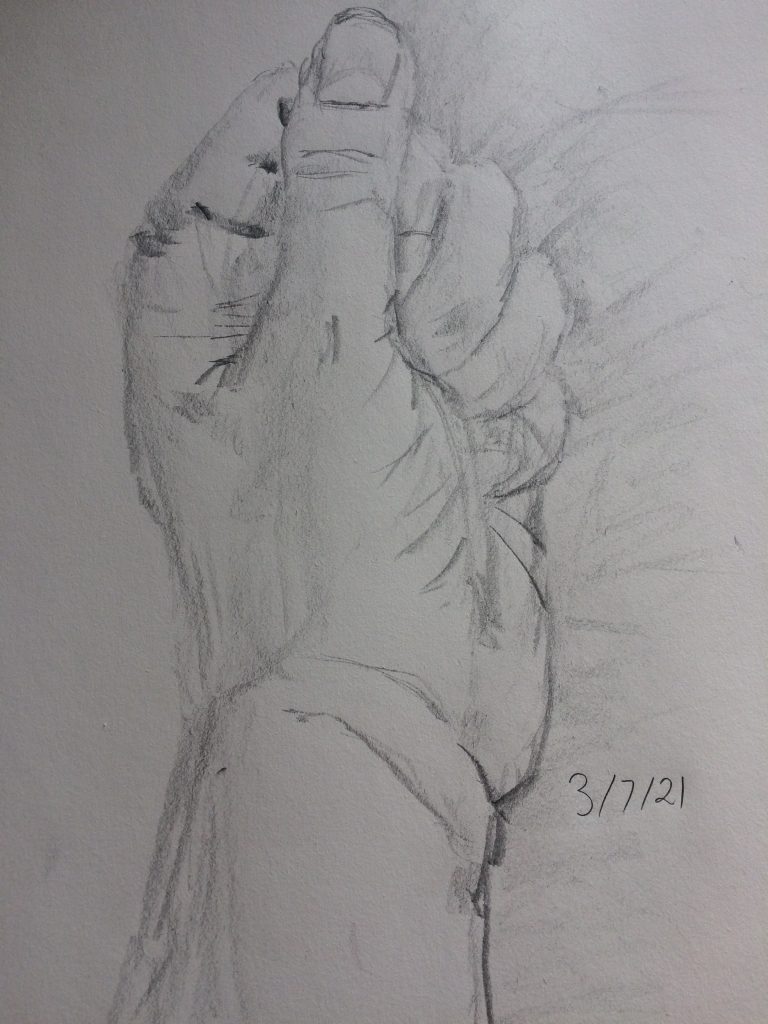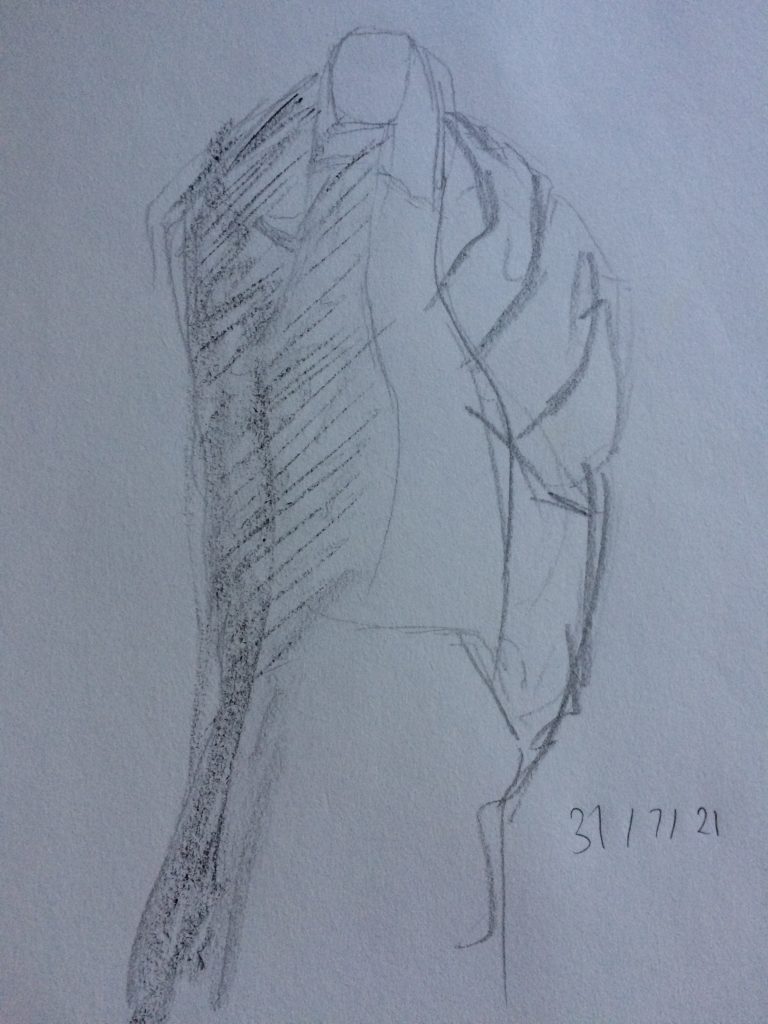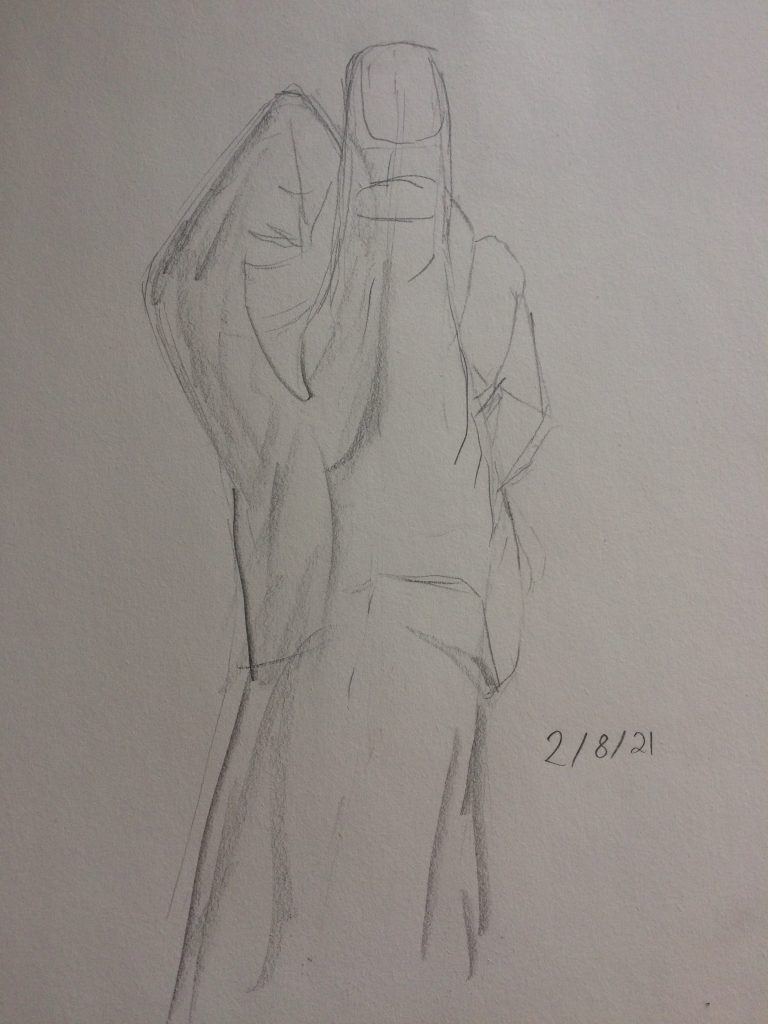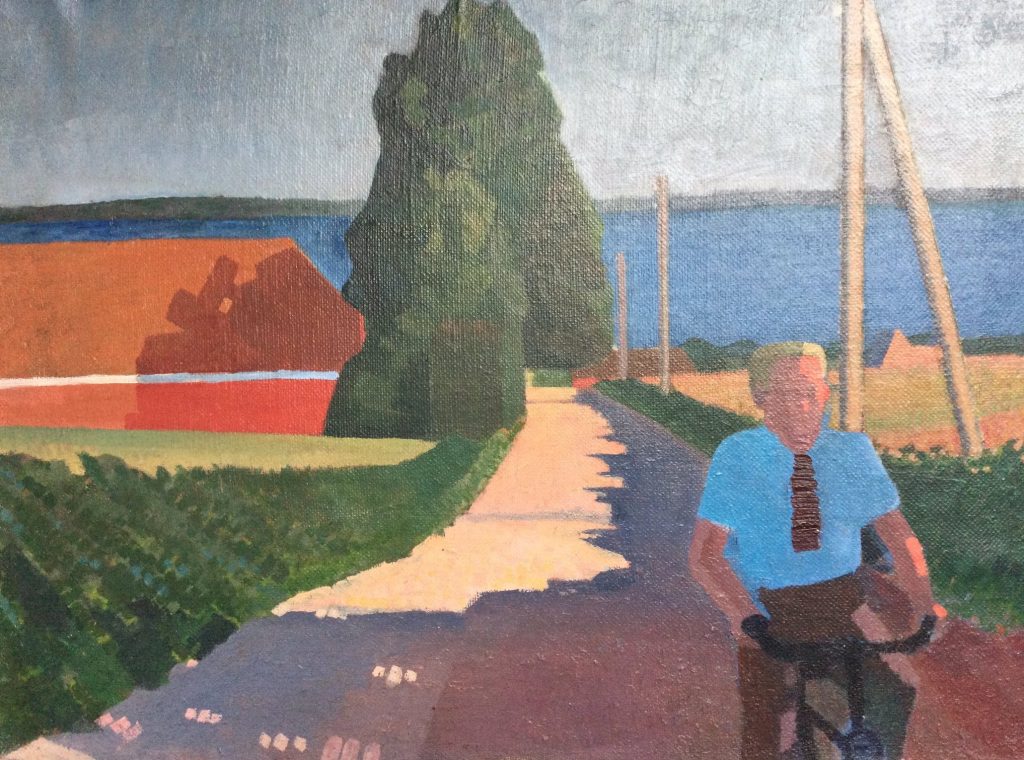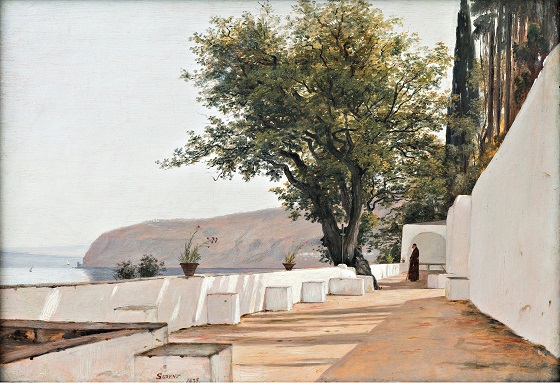“The more ignorant a writer feels, the more artificial becomes his style.”
(Cyril Connolly)
Let us consider the student’s predicament. Students are those members of our community who enroll in classes and attend lectures and complete assignments and sit for examinations, all in order, finally, to receive degrees. Though we preach the value of learning for its own sake, we give them many other reasons to learn the material we put before them. They may be called on in class and be embarrassed by their lack of preparation, they may submit an assignment and be disappointed by their grade, or they may graduate and find themselves competing with people more knowledgeable than they are. Or they may be proud, or happy, or victorious in these situations. Either way, the value of learning isn’t purely intrinsic.
Our students expect that the education they receive will play a role in their future success, in their pursuit of wealth and power. (Let’s not moralize about these basic ambitions. Perhaps they know that true wealth lies in knowing when you have enough and perhaps they seek power only to let them make the world a better place.) Whatever their extrinsic motivations, all we can do, as their teachers, is to impart knowledge. But we, too, are bound, by our obligations to society, to certain extrinsic values; we must reward our students for what they learn and punish them for that they don’t. So, like it or not, we give our students an incentive to pretend to know more than they really do, to present themselves for examination more confident than they really are. In short, we can’t help but make them feel a little ignorant when they write — less knowledgeable than they think they ought to be. “Just be natural,” doesn’t seem like a viable option when writing a term paper.
Cyril Connolly devoted the first third of his Enemies of Promise to “the predicament” of style. He was talking about the sort of thing that makes a book age well or badly. Style, after all, is often the means by which a book shows its age. A book can go “out of style” in this sense when the fashions change and its eloquence chafes against the “modern” demand for something more colloquial. We’ve all been students and had the experience of reading work from semesters past, cringing a little at the affected tone we thought was suitably “academic” or “scholarly” at the time. In hindsight, we recognize immediately that we were pretending to know more than we really did, and that we were vaguely hoping to get away with it. We were not opening our thoughts and feelings, our minds and hearts, to the criticism of people who are qualified to tell us we are wrong. We were trying to get our ideas across to our readers — indeed, past them.
Students often imagine that they are writing for their teachers and their examiners. You might think I’m using the word “imagine” strangely here, since, surely, they are in fact writing for their teachers and examiners. Well, yes and no. Their teachers are not really reading their work, since they have been put in the position of a judge — a position that they often resent as much as their students do. They do not really feel “addressed” by the students, except perhaps as the object of this shared resentment. But this situation is of course false; it is artificial, and it should be avoided if we can. The students should be writing for their peers, for people they respect as intellectual equals. Teachers should be judging them on their ability thus to address each other. Students should be developing a prose style that lets them share their thoughts with the brightest and most ambitious of their classmates. It is this conversation that their writing should contribute to.
This year, in any case, I’ll once again be telling students to address themselves to each other, with all the confidence and humility that this implies. They should get to know each other and they should choose their topics with each other in mind. They should weigh their claims so that their fellow students will find them just a little a hard to believe, understand, or agree with (in a word, interesting), and they should learn to write paragraphs that support, elaborate, or defend them accordingly. They should not develop a style that impresses their teachers but one that opens their own thinking to that of their peers. (Yes, of course, their teachers should be impressed when they succeed.) So they will have to make up their minds about what they are learning. They will have to speak their mind. And they will have to learn to write it down. That’s what I intend to tell them.
